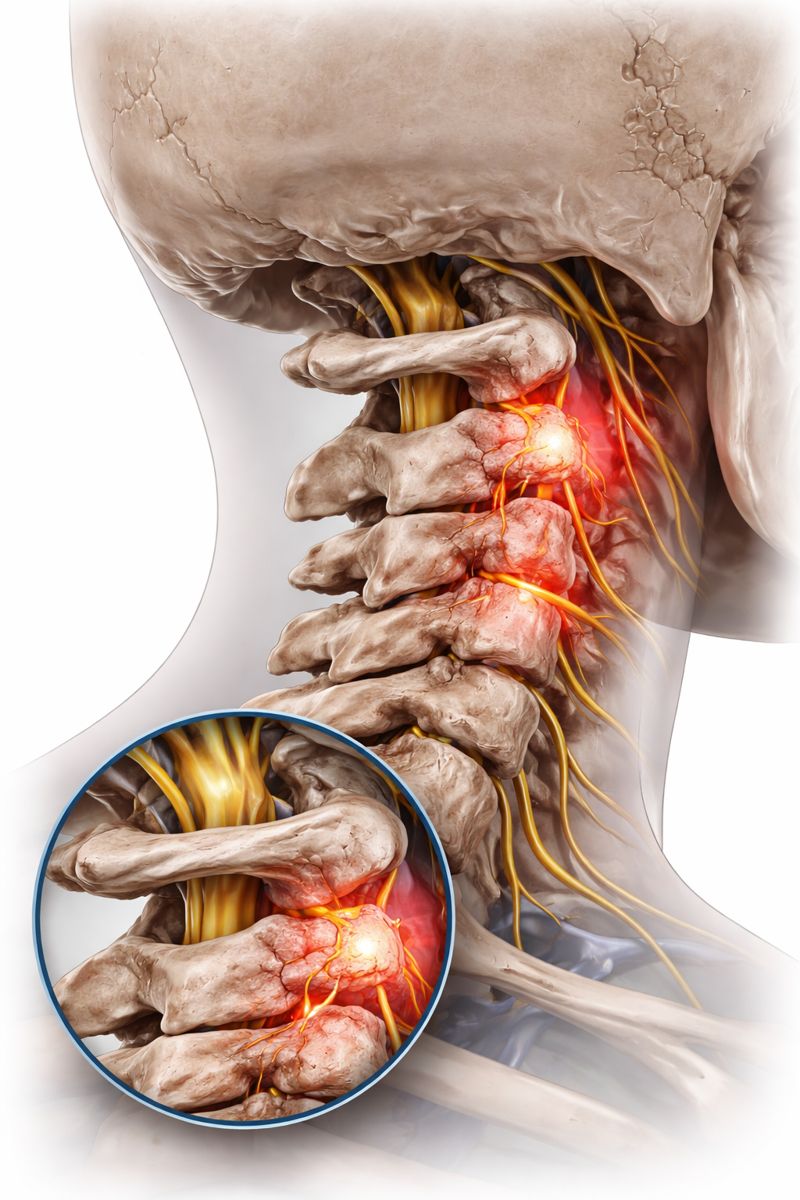
Tension-type headaches are the most common form of headache, affecting adults and adolescents worldwide. These headaches are often described as a dull, aching sensation all over the head, rather than throbbing pain in one spot. Many people describe it as feeling like a tight band wrapped around their heads. Understanding the causes, symptoms, and potential treatments can help sufferers manage this condition effectively.
What are Tension-Type Headaches?
By downloading the Digital Patient Chart mobile app you can better control your patient portal.
Tension-type headaches (TTH) are characterized by diffuse, mild to moderate pain that's often described as feeling like a tight band around the head. This type of headache does not typically cause nausea or vomiting and is less disabling than migraines. It can, however, lead to a mild sensitivity to light or noise.
Causes and Risk Factors
The exact causes of tension-type headaches are not fully understood, but several factors may contribute to the development of this condition. These can include stress, muscular tension, and environmental factors such as poor lighting, excessive noise, or prolonged screen time which can strain the eyes. Emotional or mental stress is also a significant trigger, causing the muscles in the neck and scalp to tighten.
Genetics may play a role in the likelihood of developing TTH, as it tends to run in families. Lifestyle factors such as poor posture, inadequate sleep, skipping meals, or dehydration can also trigger these headaches.
Recognizing the Symptoms
The symptoms of tension-type headaches can vary from one person to another but typically include:
- Constant, dull aching on both sides of the head
- Pressure or tightness across the forehead or at the back of the head and neck
- Tenderness in the scalp, neck, and shoulder muscles
Unlike migraines, tension-type headaches usually do not cause visual disturbances, severe nausea, or vomiting. However, some people might experience light or sound sensitivity, although these symptoms are less prominent.
Diagnosis
Diagnosing tension-type headaches primarily involves a medical history and a physical examination. Doctors will look for characteristic symptoms and rule out other causes of headaches. Since there are no specific tests for TTH, the diagnosis is often made based on the description of the headache and the absence of other medical conditions.
Treatment Options
Treatment for tension-type headaches can vary based on the frequency and severity of the headaches. Here are some of the common approaches:
Lifestyle Changes
Modifying daily routines can help reduce the frequency of headaches. This includes getting adequate sleep, managing stress, staying hydrated, eating balanced meals at regular intervals, and exercising regularly. Practicing good posture and taking frequent breaks during long periods of sitting or screen time can also help.
Pain Relief Medications
Over-the-counter pain relievers such as ibuprofen, aspirin, or acetaminophen are often effective in managing the pain associated with TTH. However, these should be used cautiously, as excessive use can lead to medication-overuse headaches, a condition where headaches become more frequent and severe.
Preventing Tension-Type Headaches
Prevention is often the best approach to managing tension-type headaches. This can involve identifying and avoiding headache triggers, maintaining a healthy lifestyle, and implementing regular stress management practices. Keeping a headache diary can also be a useful tool to identify patterns and triggers associated with headaches, which can then be avoided or managed more effectively.
How Upper Cervical Chiropractic Care Can Alleviate Tension-Type Headaches
If you're struggling with tension-type headaches, upper cervical chiropractic care might be a beneficial treatment option to consider. This specialized area of chiropractic focuses on the precise adjustment of the upper two vertebrae in the neck—the atlas and the axis. Misalignments in this area can impact nerve function and blood flow, potentially triggering headaches.
Upper cervical chiropractic care aims to restore proper alignment to the neck's vertebrae, which can relieve pressure on the nerves and muscles in the upper neck and head. This reduction in pressure can decrease muscle tension which often leads to tension-type headaches. By ensuring the spine’s alignment is optimal, this approach not only helps in alleviating current headache symptoms but also in preventing future occurrences.
If you're experiencing frequent or severe headaches, visiting our practice could be a significant first step toward finding relief. At our clinic, we specialize in upper cervical chiropractic adjustments that can help manage and prevent tension-type headaches. Schedule a consultation with us today, and let's work together to help you achieve better health and comfort.









Leave a comment